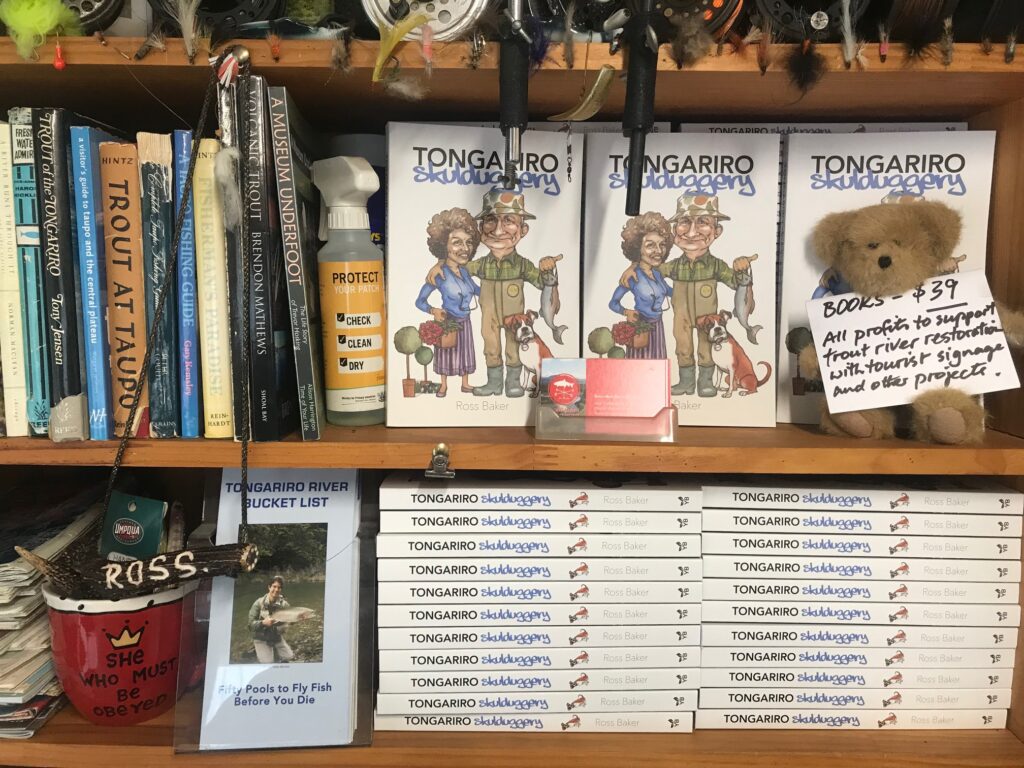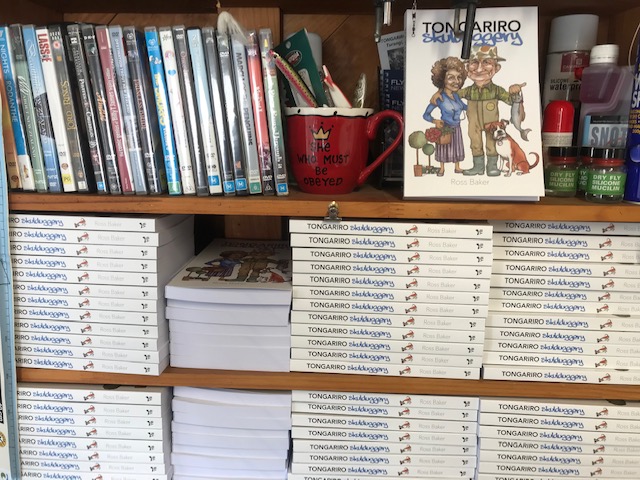
We could hardly believe it when TRM were asked, seriously, if AI (Artificial Intelligence) had been involved in researching the innovative plot? Approximately 40% of publishers are utilizing AI for editorial tasks, including proofreading and plagiarism detection. Apparently, the use of AI is much more popular than we realised. i.e. A NZ novel I am reading advises “This book was created entirely by human effort, without the use of artificial intelligence in its writing or creative process.”
When TRM’s mockumentary style concept was published in 2020, researching the project during COVID, perhaps an established publisher might have warned, and a similar clause could have been inserted. But as it was printed privately, we did not have a publisher or editor warning us. So we are relieved that it is now settled.

Google advises that AI in fiction writing involves using AI tools to assist with brainstorming, research, world-building, and editing; however, it should not replace the author’s creative input or emotional depth, which AI currently lacks. Writers leverage AI as a powerful assistant to overcome writer’s block, generate detailed descriptions, and even help with tasks like writing book descriptions. Obviously, I am not a writer. However, to maintain originality and avoid ethical issues, authors should rewrite any AI-generated content in their own version.

We understand that one of the most significant changes in human cognition is currently taking place. The active act of searching, browsing, and discovering is quickly giving way to the passive act of getting a single, conclusive response in the user’s mind. Instead of looking, users want to find. Although this efficiency is revolutionary, it comes with a risk: we are starting to implicitly trust AI-generated responses without conducting the necessary research or validation. And this occurs because there is no way to collect, analyse, or chop.
The goal is not to replace human thinking, but to make it more powerful. Have they succeeded? For us old guys, it is a scary new world.
This isn’t about intelligence; it’s about energy conservation. Our brains are wired to take the path of least resistance. That’s what psychologists call cognitive laziness — the tendency to default to shortcuts instead of doing the hard mental work ourselves. When a machine, app, or algorithm offers an easy answer, we gladly hand over the thinking. The danger is that the more we outsource, the less we practice those critical skills. Over time, we risk becoming passive consumers of information instead of active thinkers.
When that happens, it is time to go fishing…
